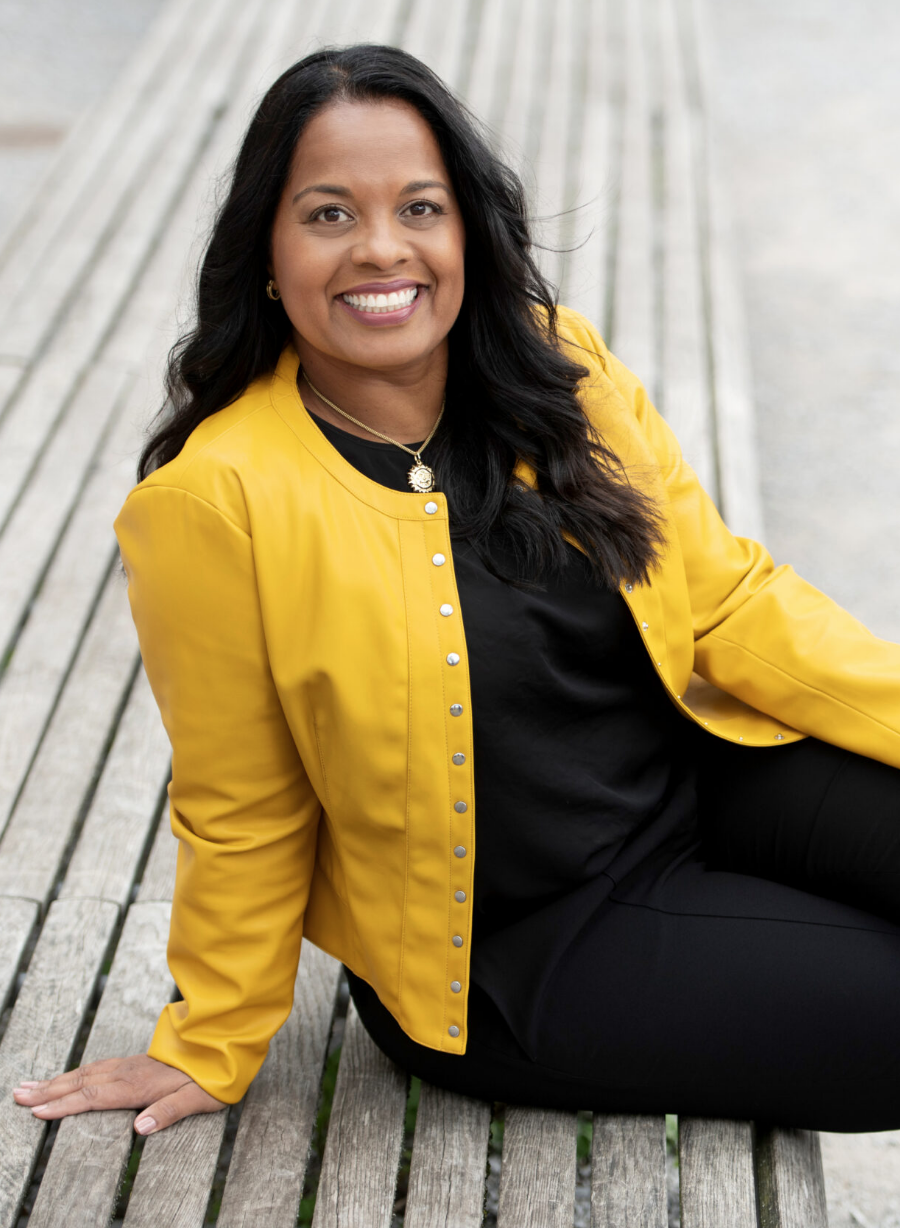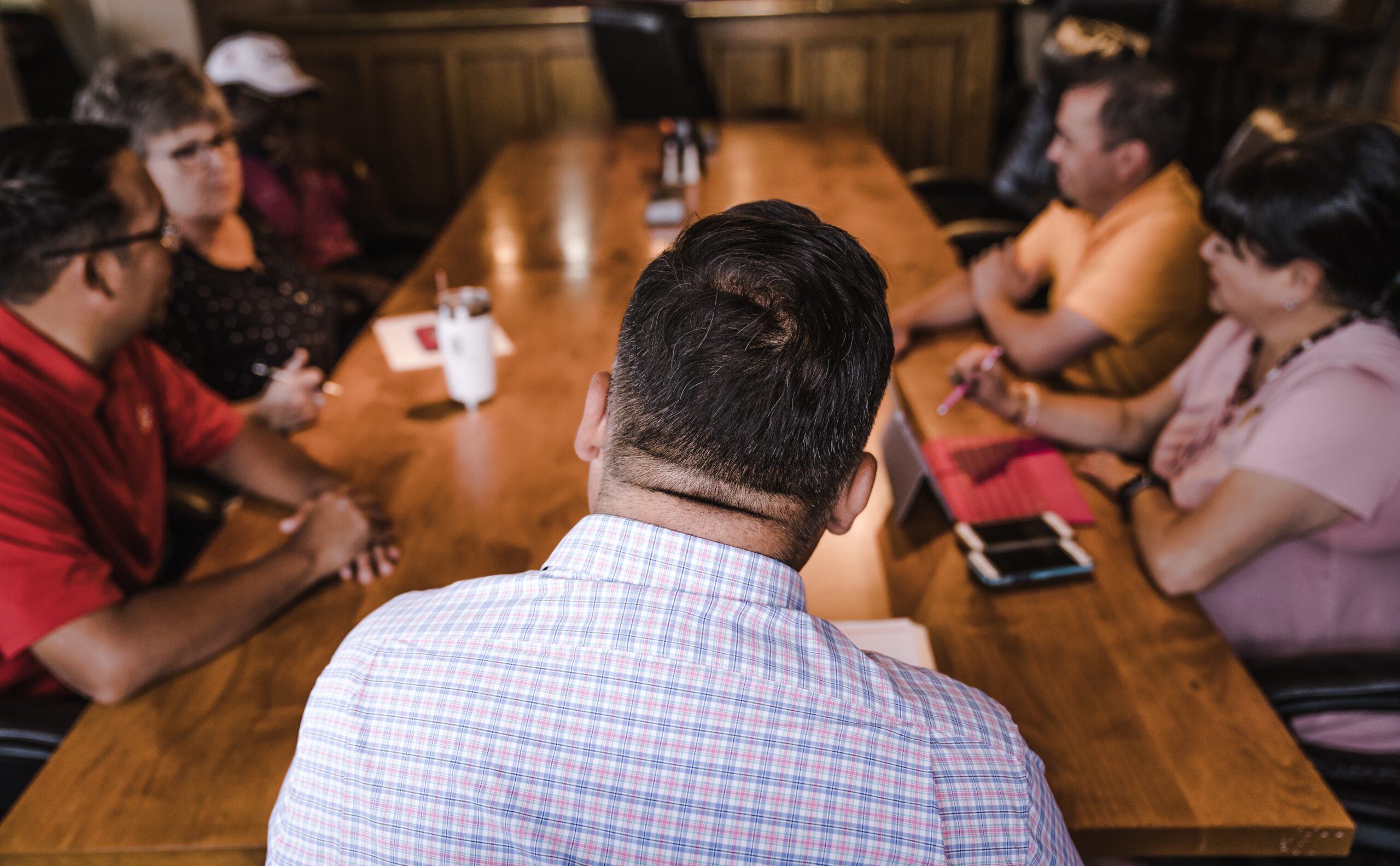Bem-vindos. Bienvenidos.
Mein Name ist Fernanda Wüthrich.
Ich lebe und liebe interkulturelle und soziale Kommunikation und
habe es mir zur Aufgabe gemacht, meine theoretischen und praktischen
Erkenntnisse mit Ihnen zu teilen.

Was sind meine Fachbereiche?
Als Kommunikationswissenschaftlerin fokussiere ich mich seit über 25 Jahren auf folgende Themengebiete:

Interkulturelle Kommunikation
Die zunehmende Globalisierung verstärkt die internationale Verflechtung in jedem Bereich unseres Lebens. Besonders am Arbeitsplatz können kulturelle Differenzen Konfliktpotenzial mit sich bringen. Mein Ansatz ist es, durch die Verständigung zwischen Vertretern unterschiedlicher Kulturen eine konstruktive Zusammenarbeit zu gewährleisten. Jede Kultur verfügt über seine eigenen Stärken: Mein Ziel ist es, diese Stärken von Individuen innerhalb eines Teams oder eines Systems zu identifizieren und zu fördern.
Krisen- und Konfliktmanagement
Durch die Schnelllebigkeit und die Dynamik des digitalen Zeitalters, stösst so manches Unternehmen an seine Grenzen. Ich befasse mich damit, Führungs- und Fachkräfte von Unternehmen mittels präventiven Ansätzen wie der Entwicklung von strategischen Beziehungen zu Stakeholdern oder der internen Vertrauensbildung zu schulen, um sie bestmöglich auf eine Krisensituation vorzubereiten.


Diversität & Inklusion
Mehrwert durch Vielfalt – Ich glaube an das Potenzial und die Chancen, welche eine heterogene Zusammensetzung von Individuen mit sich bringt. Vielfalt ist eine grosse Chance für das Unternehmen und seine Mitarbeitenden. Doch nur durch die Berücksichtigung individueller Unterschiede und die Förderung einer ganzheitlichen Unternehmenskultur können diese Potenziale erschlossen werden.
Öffentlichkeitsarbeit
Reputationsmanagement und Glaubwürdigkeit bei den Stakeholdern ist nicht nur ein Thema für die Firmenführung, sondern auch für Mitarbeitende und alle, die sich im Namen der Firma äussern. Gerne helfe ich Ihnen bei der Entwicklung und Implementation einer adäquaten Kommunikationsstrategie.

Was biete ich an?
Als Kommunikations-Allrounderin mit Schwerpunkt auf interkulturelle und soziale Kommunikation und Konfliktmanagement biete ich folgende vier Dienstleistungen an:
Workshops
Die Teilnehmenden setzen sich in meinen interaktiven Workshops theoretisch und praktisch mit den Themenfeldern der interkulturellen Kommunikation und Konfliktmanagement auseinander und erhalten Mehrwerte für sich selbst, die Zusammenarbeit im Team und in Bezug auf das gesamte Unternehmen und ihre Stakeholder.
Mehr erfahren
Mediation
Manchmal sind die Fronten zwischen zwei Parteien bereits so stark verhärtet, dass der Konflikt nur mithilfe einer Drittperson gelöst werden kann. Wenn sämtliche Versuche auf eine vernünftige Einigung des Problems scheitern, biete ich meine Expertise im Bereich Krisenkommunikation als Mediatorin an.
Mehr erfahren
Forschung
Ich habe mich stark mit dem Community- Building-Konzept zur Selbstorganisation und zum Wiederaufbau zerstörter Gesellschaften beschäftigt und untersucht inwiefern Medien zur Selbstorganisation und zum Wiederaufbau einer Gemeinschaft beitragen können. m Fokus meiner Arbeit stehen die Bedeutung des Community Building und die Phasen der Entstehung von Gemeinschaften.
Mehr erfahren
Referenzen
«Ich kann Fernanda uneingeschränkt empfehlen. Sie ist eine erfahrene Kommunikationsleiterin mit solider Erfahrung sowohl in der akademischen als auch in der Unternehmenswelt. Sie ist ein herausragendes Talent und bis heute meine Anlaufstelle für alle Herausforderungen der Unternehmenskommunikation.»
Adriano B. Araujo, President Latin America at dunnhumby
«Ich hatte die Gelegenheit und das Vergnügen, mit Fernanda während unserer Krisenmanagementkurse am IMD zusammenzuarbeiten. Ohne Fernandas harte Arbeit und ihr Engagement wäre dieser Auftrag nicht erfolgreich gewesen.»
Yassine El Charkaoui, Manager,Safety and Flight Operations at International Air Transport Association (IATA)
«Ihre hervorragenden Beiträge zu Themen wie interkulturelle Kommunikation und Krisenmanagement werden sehr geschätzt. Besonders gut gefällt mir ihr Ansatz, den Dialog als Methode der Konfliktprävention zu fördern. Schließlich möchte ich noch erwähnen, dass Fernandas Einfühlungsvermögen und ihr Sinn für Humor die Zusammenarbeit wesentlich angenehmer machen.»
Azadeh Eshaghi, President of Tecom Schweiz
«Sie versteht die Bedürfnisse der verschiedenen Beteiligten und ist daher in der Lage, die Interessen aufeinander abzustimmen und in Teams und auf verschiedenen Unternehmensebenen auf ein gemeinsames Ziel hinzuarbeiten.»
Stephan Lendi, Speaker / Mediator & Kommunikations-Coach IMI
